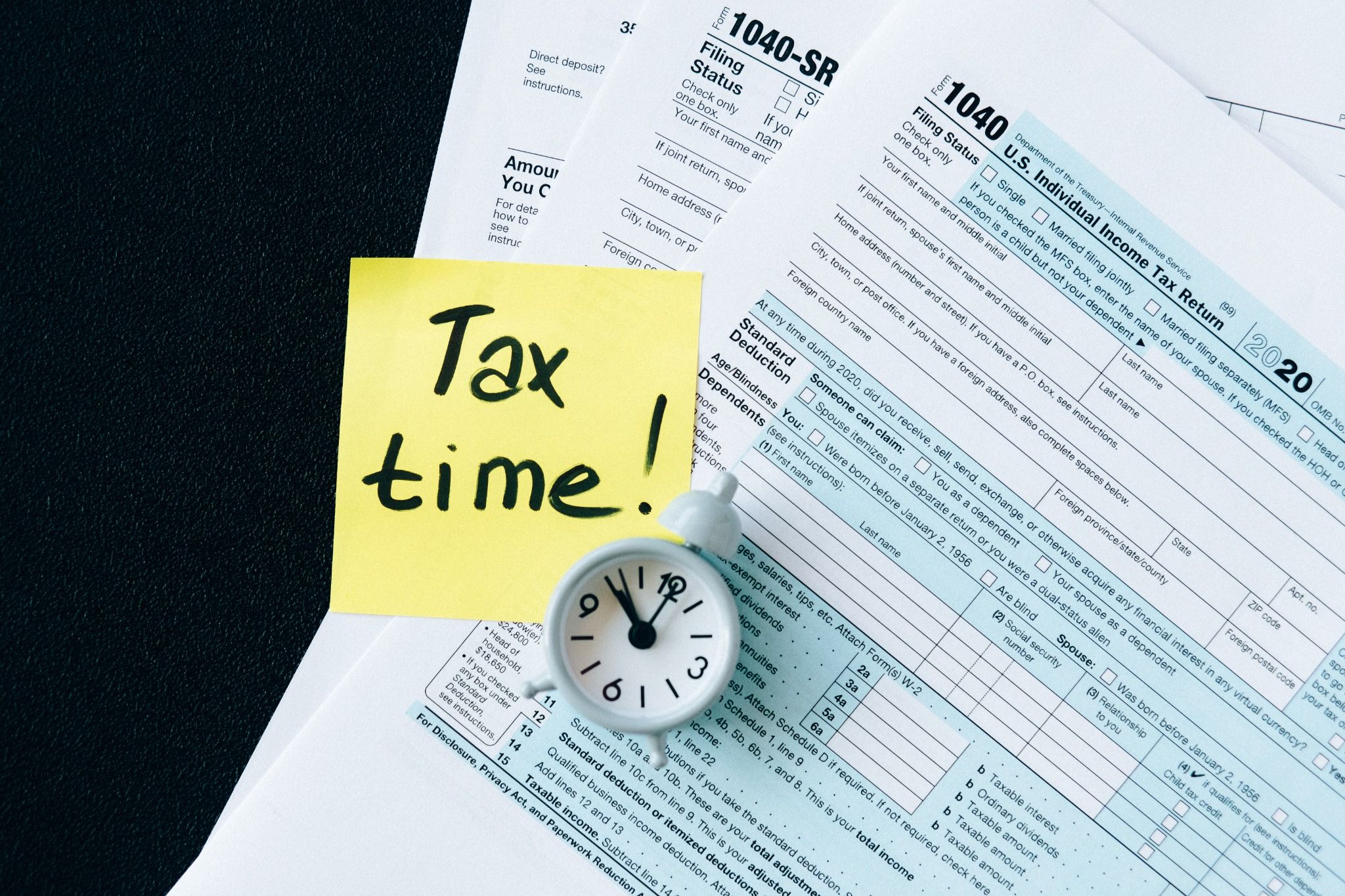If you own a car, you may have noticed that the car tax rate has recently changed.
Car tax is a fee that drivers must pay to the government in order to register and drive their cars on the road. The amount you pay depends on the type of vehicle, its value, and other factors.
On April 1st 2024, Vehicle Excise Duty (also known as car or road tax or road tax) will be changing.
Here’s what you need to know about the latest changes to road tax:
The UK government recently announced changes to road tax that will come into effect in 2024. If you're wondering what this means for you as a driver, don't worry - we've got you covered!
The latest changes will affect all drivers in the UK, so it's crucial to stay informed on what's happening. The changes aim to incentivise drivers to shift to low-emission vehicles, with taxes on more polluting cars set to rise significantly. It's also worth noting that electric car owners may be eligible for a reduction in road tax, making it an excellent time to consider switching if you haven't already.
How much will my car tax be in 2024?
If you're wondering about how much car tax you'll be paying in 2024, there are a few factors to consider. Firstly, the amount you pay depends on the type of car you have and its CO2 emissions. The lower the emissions, the lower the tax. Additionally, the government updates the rates for car tax each year, we’ll be going through what those updates should look like for this year.
How is VED calculated?
Road tax is calculated based on the car's engine size, fuel type and CO2 emissions.
The amount of road tax you need to pay is determined by the amount of CO2 your car emits. Generally, the higher the CO2 emissions, the more road tax you will need to pay.
Is VED increasing?
As part of the Spring Budget 2024, the Chancellor of the Exchequer confirmed Vehicle Excise duty (VED) would increase in line with inflation meaning millions of road users will see their road tax rates increase.
The standard rate of road tax VED for cars registered after 2017 has increased, the tax you pay after year one has increased from £180 to £190.
The first-year road tax has also been adjusted to hit cars that emit a lot of pollution. For most car buyers that means road tax now ranges from £135 to £680.
If you own a premium vehicle, that cost £40,000 or more has increased from £355 to £410
What road tax changes were introduced?
Changes to car tax rates introduced in April 2024, see increases in prices across the board in line with inflation.
A new car's tax cost can range from £0 to £2,745 in the first year depending on its CO2 emissions. All cars then move to a flat annual rate for the second year onwards.
When will Car Tax change again?
We will see further amendments to VED from 1 April 2025. Electric car drivers will be required to pay for road tax and the amount you pay will depend on the age and original price of your car.
Older EVs registered before 1 April 2017 will pay as little as £20 per year, while electric cars registered after this date will be charged at the standard annual VED rate of £180.
Owners of electric cars with a list price of £40,000 or more will pay up to £370.

Is it possible to beat the VED increase?
To avoid the increase, it’s as simple as buying a new car before April of each year when road tax increases. This could save you quite a bit of money on the first year of VED. There's still a way to be exempt from road tax altogether though and that is by buying an electric car however be mindful than in a few years time this will change!
These vehicles currently perform their best in town settings and on shorter journeys. If you go on regular long drives of more than 100 miles, we advise checking what kind of charging infrastructure is around so you don't fall short of charge.
While EVs are still a relatively rare on the roads, sales are increasing and all the big manufacturers such as Audi, Volkswagen, Jaguar offer at least one electric model. In the UK, petrols and diesel new car sales are set to be banned in 2030.
What changes should we be expecting by 2025?
Electric car drivers will soon face an annual expense for Car Tax starting in April 2025. Lowest-priced EVs registered before 1 April 2017 are expected to pay a discounted rate of £20 annually, £180 for standard VED rates or even up to £370 depending on list prices exceeding 40k.
Electric car road tax
Do EVs need to be road taxed?
Yes, almost all vehicles, including electric vehicles (EVs), need to be road taxed to drive on UK roads. However, there is currently no charge for electric car drivers to tax their vehicles, and they are provided with free annual VED. It is important to note that this will change in 2025.
How much do EV drivers pay for road tax?
At present, EV drivers do not have to pay for road tax. However, they still need to ensure that their vehicle is taxed, even if no payment is required. To be exempt from paying VED, the electricity used to charge the vehicle must come from an external source, such as a private or public chargepoint, an electric storage battery not connected to any power source while the vehicle is in motion, or hydrogen fuel cells.
For all other vehicles, including hybrids capable of generating their own electricity, annual vehicle tax must be paid.
In 2025, EVs are set to be charged the lowest band for new cars in the first year – this rate is currently at £10 – and will then pay the same rate as other vehicles.
How much will my car tax be?
The below rates are for the 2024-2025 tax year
Emissions (g/CO2/km) | First year rate | Standard rate* |
0 | £0 | £0 |
1-50 | £10 | £190 |
51-75 | £30 | £190 |
76-90 | £135 | £190 |
91-100 | £175 | £190 |
101-110 | £195 | £190 |
111-130 | £220 | £190 |
131-150 | £270 | £190 |
151-170 | £680 | £190 |
171-190 | £1095 | £190 |
191-225 | £1650 | £190 |
226-255 | £2340 | £190 |
over 255 | £2745 | £190 |
*cars over £40,000 pay £410 supplement for 5 years
Cars registered between 2001 and 2017
The tax system used to work by charging the tax based off their CO2s and you paid the same rate every year.
Road Tax for cars registered between 1 March 2001 and 31 March 2017
The below rates are for the 2023-2024 tax year
VED Band | CO2 Emissions (g/km) | Standard Rate |
A | Up to 100 | £0 |
B | 101 -110 | £20 |
C | 111 - 120 | £35 |
D | 121- 130 | £160 |
E | 131- 140 | £190 |
F | 141 - 150 | £210 |
G | 151 - 165 | £255 |
H | 166 - 175 | £305 |
I | 176- 185 | £335 |
J | 186 - 200 | £385 |
K* | 201- 225 | £415 |
L | 226 - 255 | £710 |
M | Over 255 | £735 |
* This includes cars emitting over 225g/km registered before 23 March 2006.
Cars registered before 1st March 2001
Engine Size | 12 months |
1549CC and Below | £210 |
Above 1549CC | £345 |
